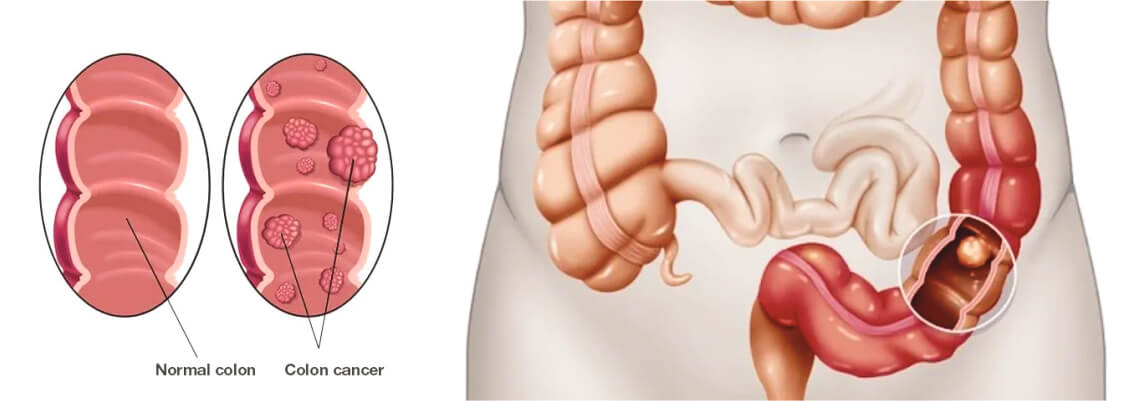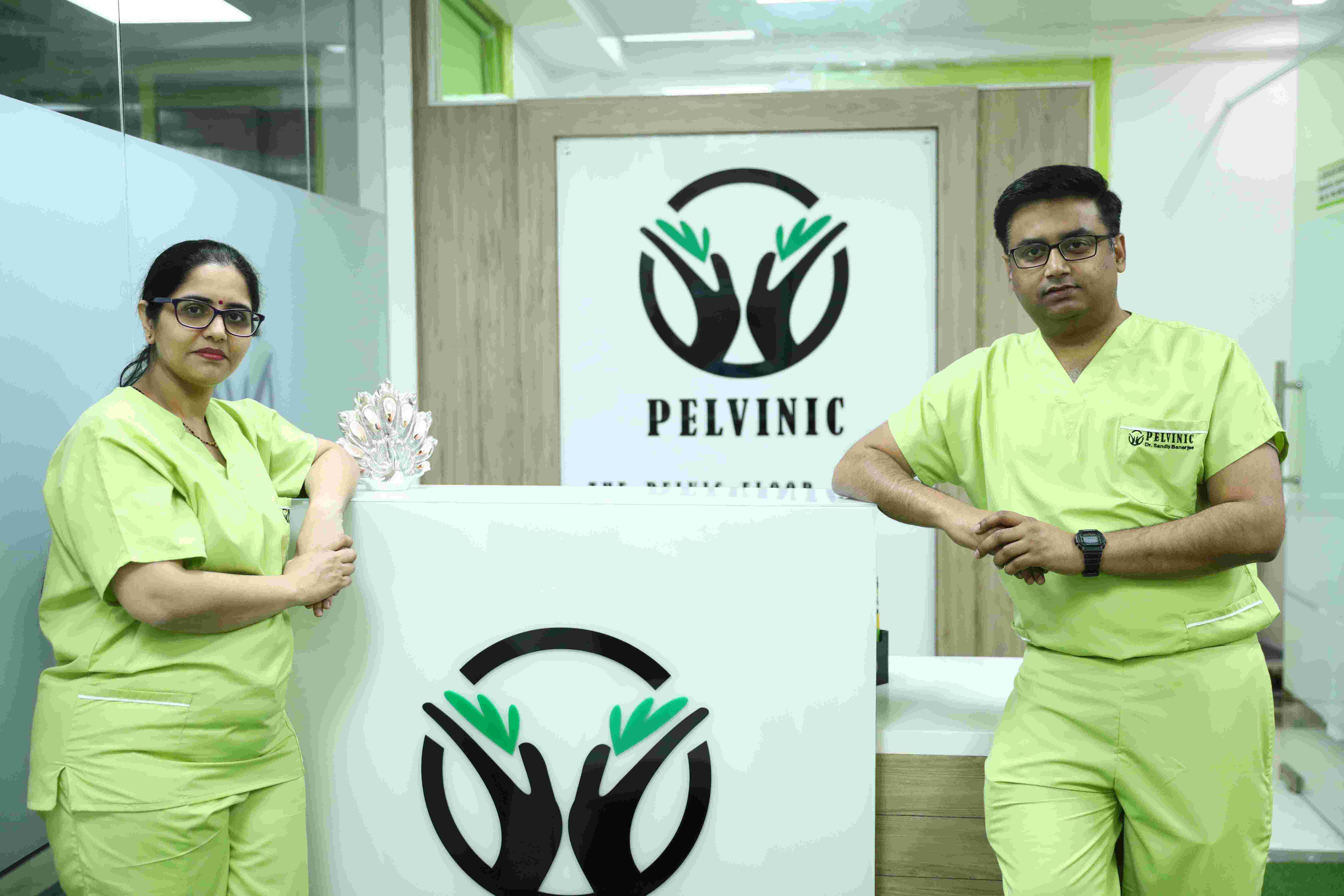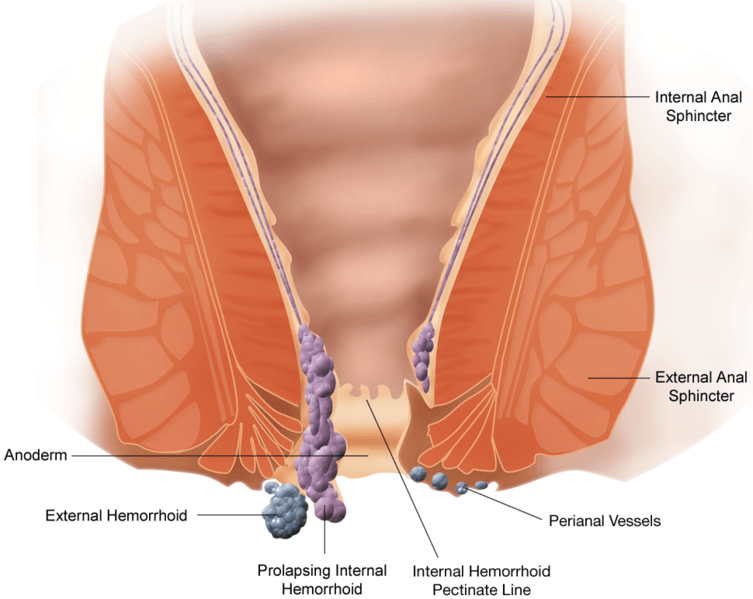Causes and Symptoms of Colon and Rectal Cancer

No matter how much medical science has developed over the years, the term “cancer??? makes everyone feel scared and discouraging. All you need to deal with this chronic disease is patience and quality medical help. Here we will help you know about the causes and symptoms of colon and rectal cancer.
Colon is also known as the large intestine is the final part of the digestive system. Cancer occurring in the colon begins as a small, non-cancerous (benign) clump of cells, which are called as adenomatous polyps. These polyps can get into cancerous over time if not treated or removed.
There is no definite cause of colon cancer. Healthy cells in the colon develop errors in their genetic blueprint i.e. the DNA. Cells grow and generate new cells in an orderly manner to keep replacing older cells with new ones in our body; this is the natural way of cell creation. But when a cell’s DNA is damaged, it automatically starts multiplying even if new cells are not required by the body. This sudden growth of unwanted cells leads to the creation of cancerous tumor. Factors which may play a role for colon cancer are; growing old, African-American race, high fat intake, a family history of colon cancer and polyps, the presence of polyps in the large intestine, inflammatory bowel diseases, and primarily chronic ulcerative colitis.
Symptoms
Colon cancer in its early stage does not show any particular signs or symptoms. Symptoms increases with the advancement of the cancer.
Symptoms of colon and rectal cancer
They include:
• Diarrhea or constipation
• Changes in stool consistency
• Loose and narrow stools
• Rectal bleeding or blood in the stool
• Abdominal pain, cramps, bloating, or gas
• Pain during bowel movements
• Continual urges to defecate
• Weakness and fatigue
• Unexplained weight loss
• Irritable bowel syndrome (IBS)
• Iron deficiency anemia
Causes and Symptoms of Rectal Cancer
The last several inches of the colon are the rectum which connects the anus with the colon. Like colon cancer, tumor growth can happen in rectum also. If cancer is present in both colon and rectum, then we call it as “Colorectal Cancer???.
Causes of rectal cancer are like that of colon cancer. Unhealthy cells (with wrong DNA) causes growth of cells which creates tumor over time. Gene mutations passed in families increases the risk of colorectal cancer.
Two well-defined genetic colorectal cancer syndromes are:
• Hereditary Nonpolyposis Colorectal Cancer (HNPCC).
• Familial Adenomatous Polyposis (FAP).
FAP, HNPCC and other, rarer inherited colorectal cancer syndromes can be detected through genetic testing.
Common symptoms include:
• A change in your bowel habits, such as diarrhea, constipation or more-frequent bowel movements
• Dark or red blood in stool
• Mucus in stool
• Narrow stool
• Abdominal pain
• Painful bowel movements
• Iron deficiency anemia
• A feeling that your bowel doesn’t empty completely
• Unexplained weight loss
• Weakness or fatigue
Rectal cancer may show no symptoms in its early stages. However, more systemic changes may result as the tumor grows deeper into the lining of the rectum or if the cancer spreads (metastasizes) throughout the body.
If anyone is having any of the above symptoms, one should not hesitate to see a doctor and do a proper screening. Reaching Pelvinic clinic in Delhi will help you get in touch with the best team of doctors, offering quality medical assistance. One shouldn’t forget that with age, chances of colon cancer increases and thus, it is recommended to have regular screenings after 50 years of age.



